Zone
Get Started Composting
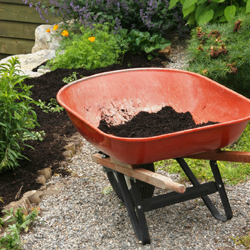 Fall is an excellent time to start a compost pile with all of the leaves falling, and if you develop compost now, you will have a rich source of organic material for your garden and flowerbeds in spring. Read More...
Fall is an excellent time to start a compost pile with all of the leaves falling, and if you develop compost now, you will have a rich source of organic material for your garden and flowerbeds in spring. Read More...
Care of Christmas Greens
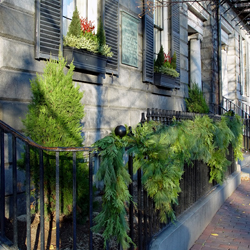 Fresh cut greens – pine boughs, holly sprigs, mistletoe, etc. – are wonderful for winter and holiday décor, both indoors and out. Extend the life and enjoyment of your fresh greens by following these easy steps...Read More...
Fresh cut greens – pine boughs, holly sprigs, mistletoe, etc. – are wonderful for winter and holiday décor, both indoors and out. Extend the life and enjoyment of your fresh greens by following these easy steps...Read More...
Spider Mites
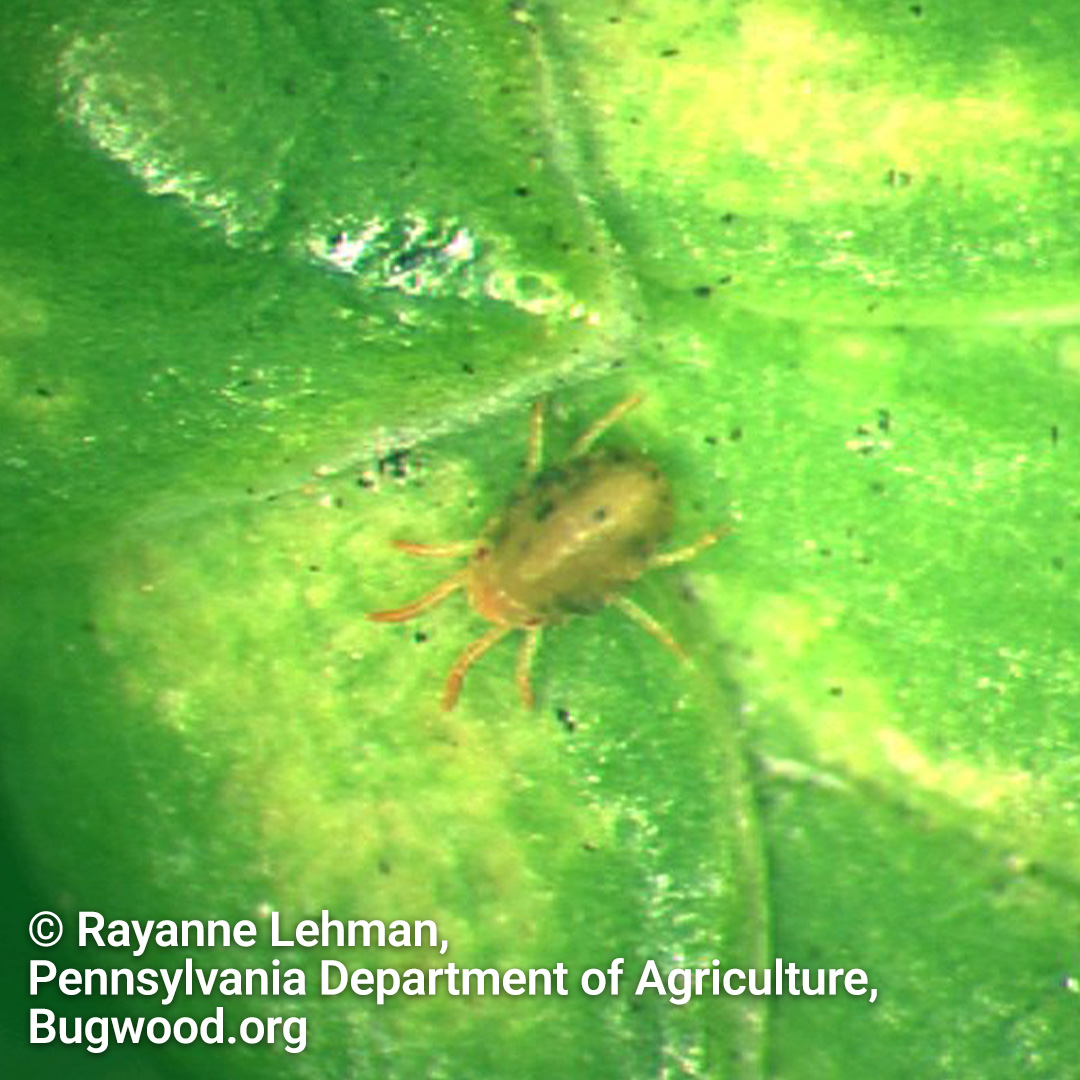 Spider mites are one of the most common pests in landscapes and gardens and feed on many fruit trees, vines, berries, vegetables, and ornamental plants. These tiny mites are just large enough to be seen with the naked eye, but may just look like tiny, moving dots. Read More...
Spider mites are one of the most common pests in landscapes and gardens and feed on many fruit trees, vines, berries, vegetables, and ornamental plants. These tiny mites are just large enough to be seen with the naked eye, but may just look like tiny, moving dots. Read More...
Blossom End Rot
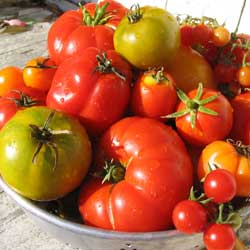 Nothing is more disheartening than grabbing a beautiful tomato only to find the entire bottom is soft, black and rotten. Blossom end rot (BER) affects tomatoes, peppers, eggplant, squash and melons. Read More...
Nothing is more disheartening than grabbing a beautiful tomato only to find the entire bottom is soft, black and rotten. Blossom end rot (BER) affects tomatoes, peppers, eggplant, squash and melons. Read More...
Worrisome Weeds
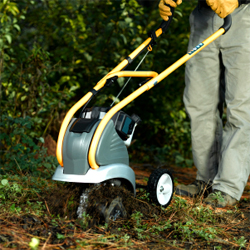 Tired of weeds sneaking into your carefully tended garden? The best defense is a proactive one. From choosing the right grass seed to proper mowing, fertilizing, and mulching, smart gardening practices can stop weeds before they ever take root. Whether you're maintaining lush lawns or flower beds, these tips will help you grow stronger plants that outcompete even the peskiest intruders. A weed-free landscape starts with healthy habits.Read More...
Tired of weeds sneaking into your carefully tended garden? The best defense is a proactive one. From choosing the right grass seed to proper mowing, fertilizing, and mulching, smart gardening practices can stop weeds before they ever take root. Whether you're maintaining lush lawns or flower beds, these tips will help you grow stronger plants that outcompete even the peskiest intruders. A weed-free landscape starts with healthy habits.Read More...
Raising Root Crops
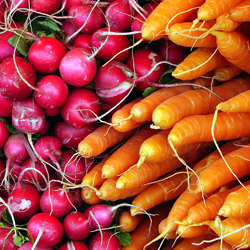 Root crops like carrots, beets, radishes, and turnips are some of the easiest and most rewarding vegetables to grow — even in small spaces. These cool-season staples thrive in loose, rich soil and offer edible greens as a bonus. With the right care and a bit of planning, your harvest can last through the winter in storage. Whether you're planting early in spring or late into fall, root veggies are a smart, space-saving addition to any garden.Read More...
Root crops like carrots, beets, radishes, and turnips are some of the easiest and most rewarding vegetables to grow — even in small spaces. These cool-season staples thrive in loose, rich soil and offer edible greens as a bonus. With the right care and a bit of planning, your harvest can last through the winter in storage. Whether you're planting early in spring or late into fall, root veggies are a smart, space-saving addition to any garden.Read More...
Green Gardening
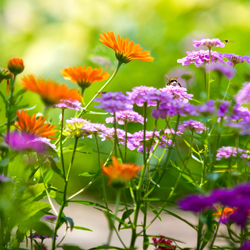 Want to make your garden as kind to the planet as it is beautiful? From using native plants and organic compost to conserving water and welcoming pollinators, small changes in your gardening habits can make a big environmental impact. Pair these practices with eco-conscious products like Dr. Earth and Espoma, and you'll be well on your way to a garden that supports both your harvest and the health of the planet.Read More...
Want to make your garden as kind to the planet as it is beautiful? From using native plants and organic compost to conserving water and welcoming pollinators, small changes in your gardening habits can make a big environmental impact. Pair these practices with eco-conscious products like Dr. Earth and Espoma, and you'll be well on your way to a garden that supports both your harvest and the health of the planet.Read More...
Edging and Trimming
 Edging and trimming the lawn is like having a manicure after cutting your fingernails…everything is just more perfect!Read More...
Edging and trimming the lawn is like having a manicure after cutting your fingernails…everything is just more perfect!Read More...
Rotating Your Vegetable Crops
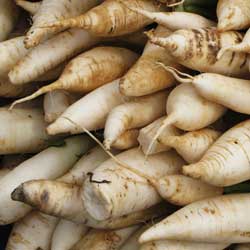 Whether you just plant a few tomatoes, herbs and some lettuce or an elaborate garden complete with exotic selections of lesser known veggies, you’ll want to rotate your crops each year. All types of vegetable crops – brassicas, onions, legumes and root crops – require a slightly different blend of nutrients and trace elements, even […]Read More...
Whether you just plant a few tomatoes, herbs and some lettuce or an elaborate garden complete with exotic selections of lesser known veggies, you’ll want to rotate your crops each year. All types of vegetable crops – brassicas, onions, legumes and root crops – require a slightly different blend of nutrients and trace elements, even […]Read More...




